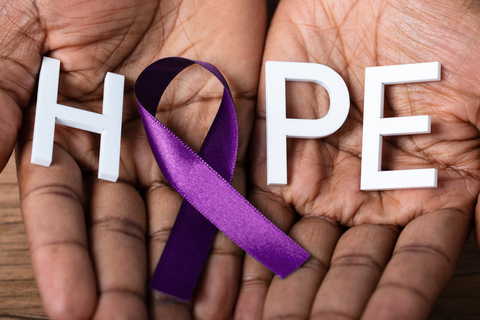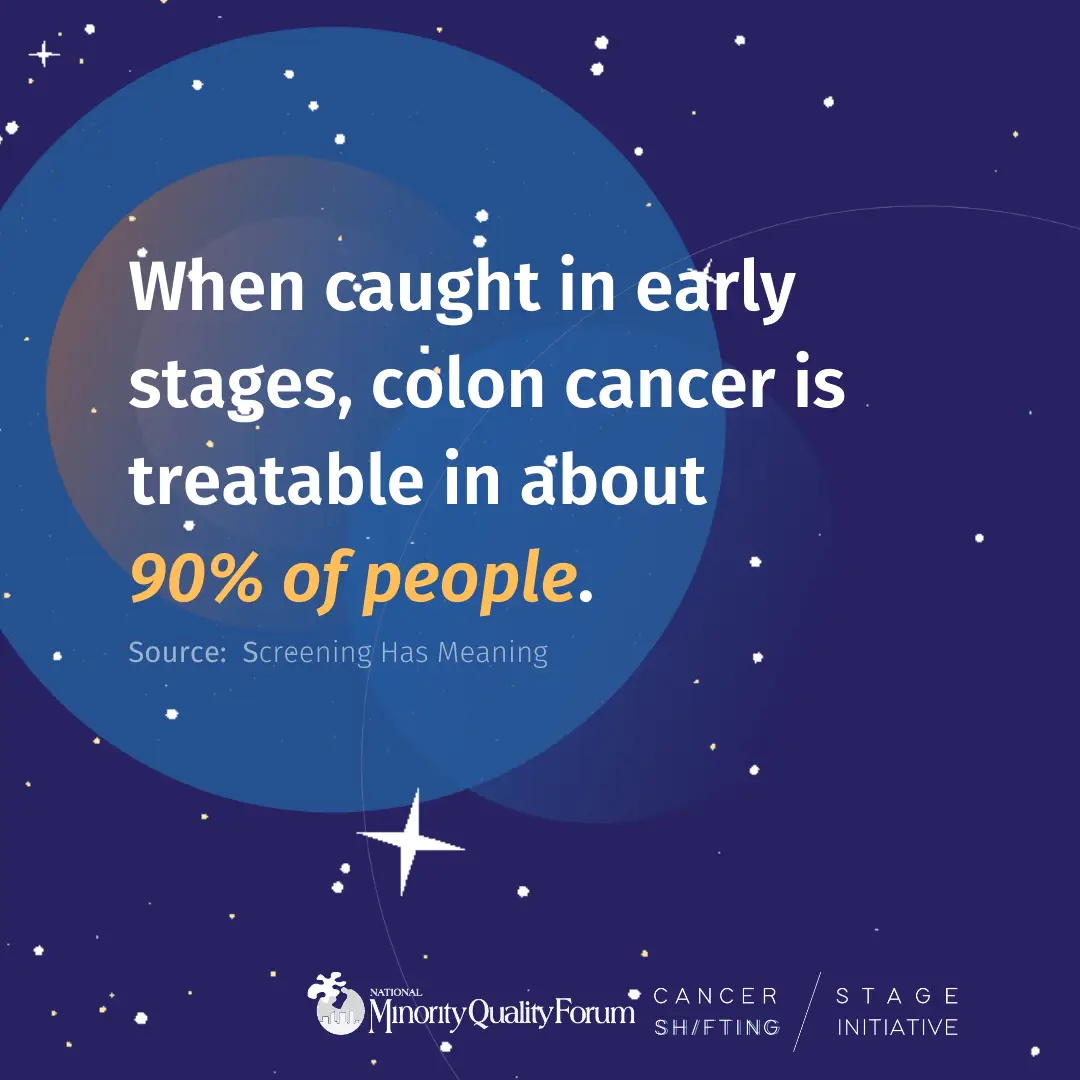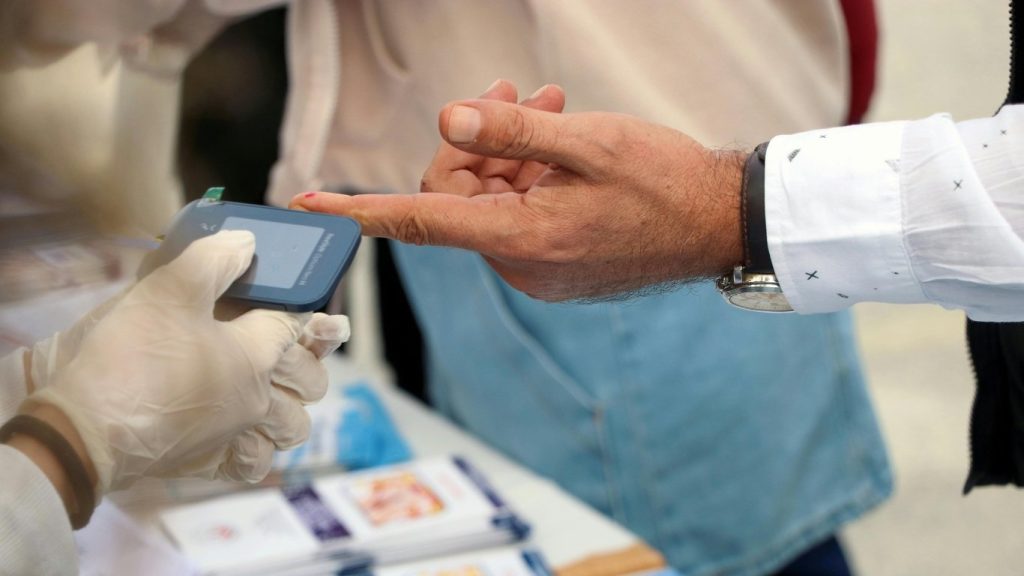Cancer
Skin Cancer Awareness Month focuses on people of color
SPRING HILL, Fla. – For John Powell, skin cancer is more than a diagnosis he was first given in 1995. Since then, it’s become a way of life f...
Associations of Race, Ethnicity, and Social Determinants of Health with Colorectal Cancer Screening
Background:
Racial and ethnic disparities in receipt of recommended colorectal cancer screening exist, however the impact of social ...
UC Davis Health System (via Public) / Community health educators help Latinas access breast cancer prevention and treatment
(SACRAMENTO)
The story of breast cancer in Hispanic women or Latinas is one that has not been fully told or investigated. Overall, breast cancer r...
Hypothesized Explanations for the Observed Lung Cancer Survival Benefit Among Hispanics/Latinos in the United States
Hispanic/Latino ethnicity is associated with improved survival from non-small cell lung cancer compared to that for non-Hispanic Whites even though...
Effect of Text Message Reminders on Attendance at Cervical Cancer Screening Appointments in a Predominantly Hispanic Population
. 2022 May 6;15404153221098950.
doi: 10.1177/15404153221098950.
Online ahead of print.
Affiliations...
American Indian/Alaska native access to colorectal cancer screening: Does gastroenterologist density matter?
Background:
American Indians/Alaska Natives (AI/AN) receive less colorectal cancer (CRC) screening than other populations. Using gas...
Trending Topics
Features
- Drive Toolkit
Download and distribute powerful vaccination QI resources for your community.
- Health Champions
Sign up now to support health equity and sustainable health outcomes in your community.
- Cancer Early Detection
MCED tests use a simple blood draw to screen for many kinds of cancer at once.
- PR
FYHN is a bridge connecting health information providers to BIPOC communities in a trusted environment.
- Medicare
Discover an honest look at our Medicare system.
- Alliance for Representative Clinical Trials
ARC was launched to create a network of community clinicians to diversify and bring clinical trials to communities of color and other communities that have been underrepresented.
- Reducing Patient Risk
The single most important purpose of our healthcare system is to reduce patient risk for an acute event.



















